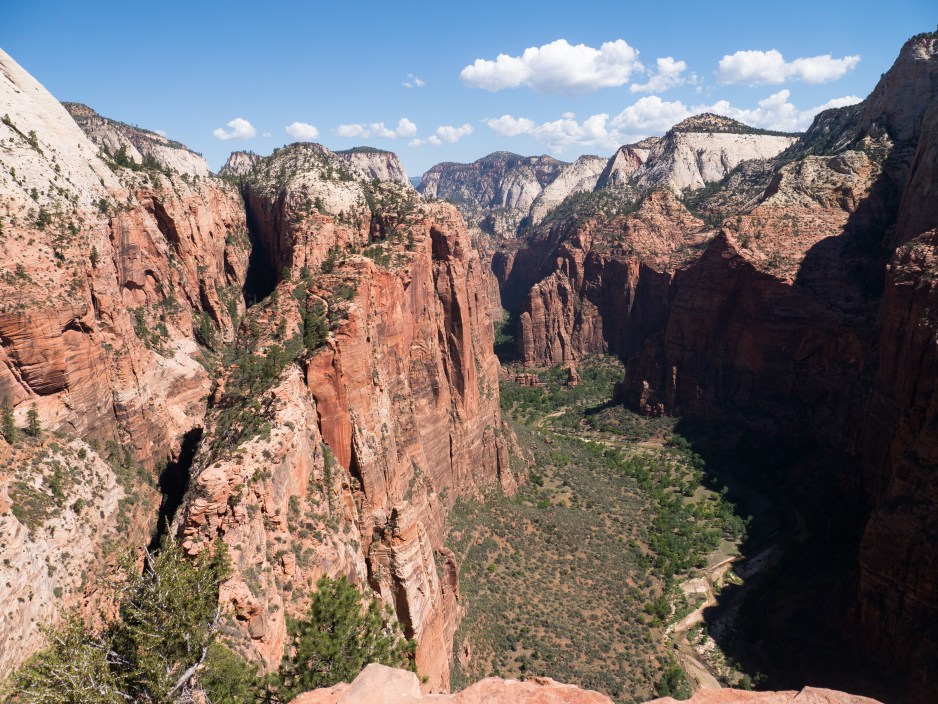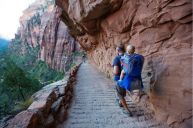A hiker at Zion National Park was declared dead after being reported unresponsive on the West Rim Trail near Scout Lookout. Officials received the report about the hiker on January 26, and park rangers immediately hiked to the location with medical equipment.
When park rangers arrived on the scene, visitors with emergency medical training were already performing CPR on the unresponsive hiker, according to a Zion National Park press release. The rangers took over, continuing to administer CPR and giving shocks with the AED, while checking the hiker's condition with a heart monitor. After an hour and a half without improvement in the person's condition, park officials consulted with a doctor, and the patient was pronounced dead.
Zion National Park has not released the person's identity, only that the deceased is a 63-year-old man from San Diego, California. The cause of death is still being investigated but is consistent with a cardiac event, such as a heart attack, states the press release.
The West Rim Trail was closed for the rescue operation but has since reopened. The popular 14.5-mile point-to-point trail in the Utah national park extends through some of Zion's high alpine and is considered a challenging one. Scout Lookout is a 3.6-mile out-and-back section of the trail that gains 1,115 feet of altitude, including a series of 21 steep switchbacks known as "Walters Wiggles," which top out at Scout Lookout overlooking Zion Canyon.
While no more was immediately known about the hiker or his death, sudden cardiac death, i.e., a heart attack, is a major cause of hiking fatalities in males over 34 years old. A 2007 study found that hikers who experienced sudden cardiac death were more likely to have had a previous heart attack, known coronary artery disease, diabetes, or high cholesterol, and were not frequent hikers. They also often hadn't eaten or consumed water for long periods.
To reduce your risk of a heart attack while hiking, go easy and rest and refuel often. Before attempting a big hike, maintain an at-home workout schedule and work up to it slowly, with regular hiking over easier terrain—a practice which in itself can reduce heart attack risk. If you have any concerns about your own risk, check with your doctor before planning a big hike.
READ MORE: Deadly Shark Attacks Rise in Mexico: 22-Year-Old Marks Third Fatality in a Month




